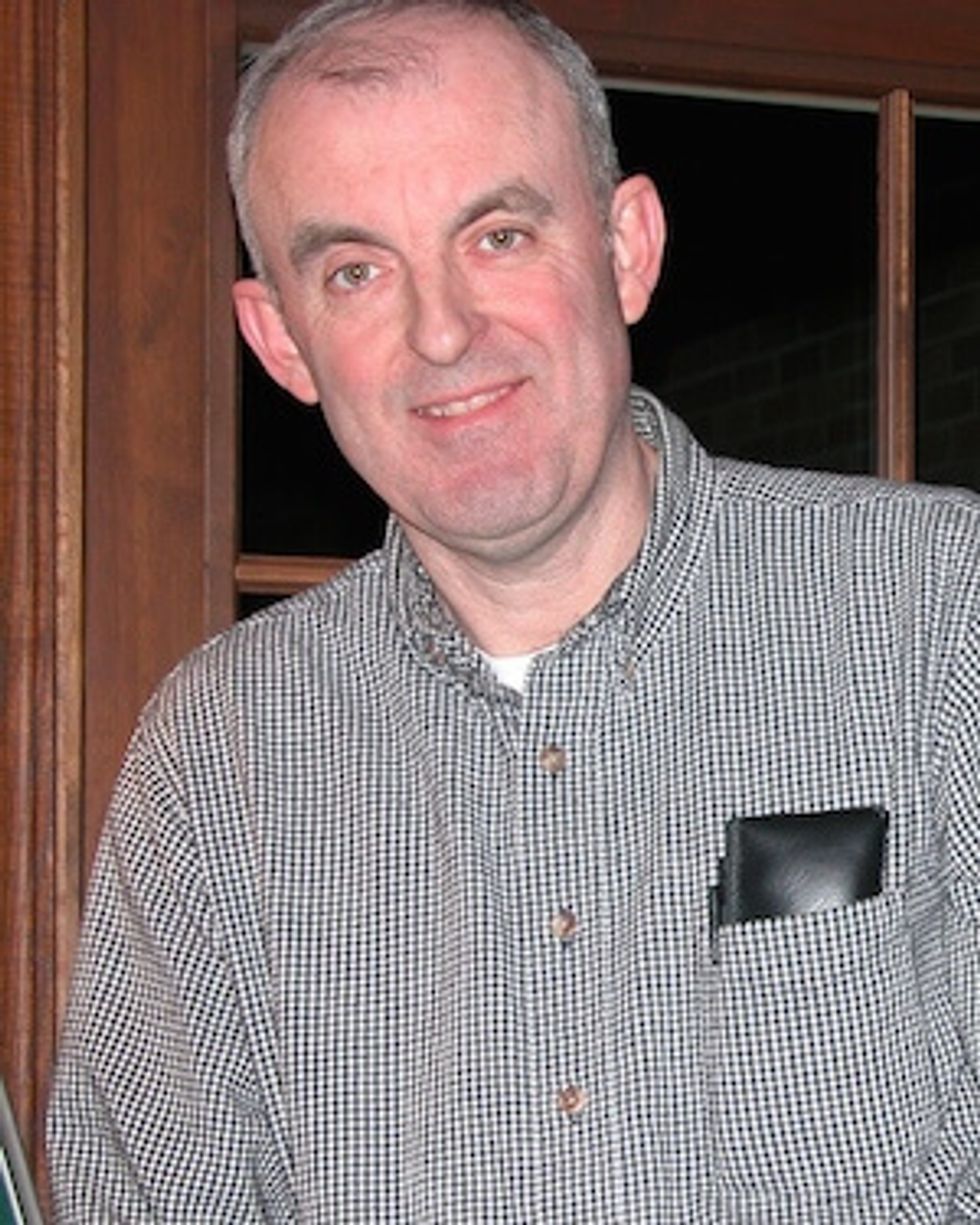
Leadership Lessons from My Brother, Paul
My brother Paul died last week from complications from cancer. He was 64. He also was a consummate optimist—even until the end. And a great teacher to me, his younger sister. Although his life lessons seem apart from that of running a business, I find that the way he lived his life offers wonderful guidelines on how business leaders should run their organizations. There is a humanness that Paul modeled that I suggest should be integrated into any business organization. So based on what I have learned from my brother, here are three leadership lessons on how to maintain a human side to business.
1. Show Compassion

Respect those with whom you associate. My brother showed respect to everyone around him, either at work or in other activities such as bridge clubs, one of his favorite pastimes. Everyone has value. Paul embraced this perspective and spent time learning about the people with whom he came into contact and appreciated them for the talents they held. As a leader, take time to learn about your employees and colleagues to use the hidden talents and skills that bring pride to them and improvement to the organization.
Make the world a better place than you found it. Paul was concerned about helping to improve the world around him—Alzheimer’s Association was a pet project he supported. He had watched the devastating disease overcome our father and he wanted to find ways to make such an illness less destructive to other families. He truly cared about the well-being of others. It showed and people knew it. Caring goes a long way for people and smart leaders make a point of showing compassion.
2. Build on Your Intelligence
Learn something new every day about the world around you. Paul loved to travel and learn about different cultures. He read continuously. At work, in the computer industry, he was constantly building his knowledge base so that he could answer questions, solve problems, and consider future opportunities. Learning is a constructive process that all organizations need to continuously support.
Share your knowledge. Paul was a wonderful teacher for me and those with whom he shared time. History lessons, entrepreneurial strategies, bridge game remediation, and golf score dreams. People gain richer perspectives from considering different points of view and organizations that allow silos to exist and stymie the sharing of knowledge are losing an opportunity for innovation and growth.
3. Be Family Proud
Celebrate family milestones. Paul was always there to enjoy the many milestones my sons attained. He was supportive and proud of their accomplishments. Smart leaders create a family atmosphere within their organization and celebrate the many accomplishments that employees attain. People who are appreciated for their achievements are more likely to remain engaged with the organization and feel a sense of pride.
Be involved with the family. We talked frequently, always shared our future dreams and goals. Life can be busy. But he made time, showing that my family was a priority no matter what. Yes, leaders have a lot on their plate, but the organizational culture—the people who implement the strategic plans—have got to be a priority. Leaders need to be present. Paul was a wonderful brother and I am proud to have been his sister. He meant the world to me and I will miss him but cherish the memories he created for our family and for all the lives he had the privilege to touch. He was a great leader and his leadership lessons are priceless.



